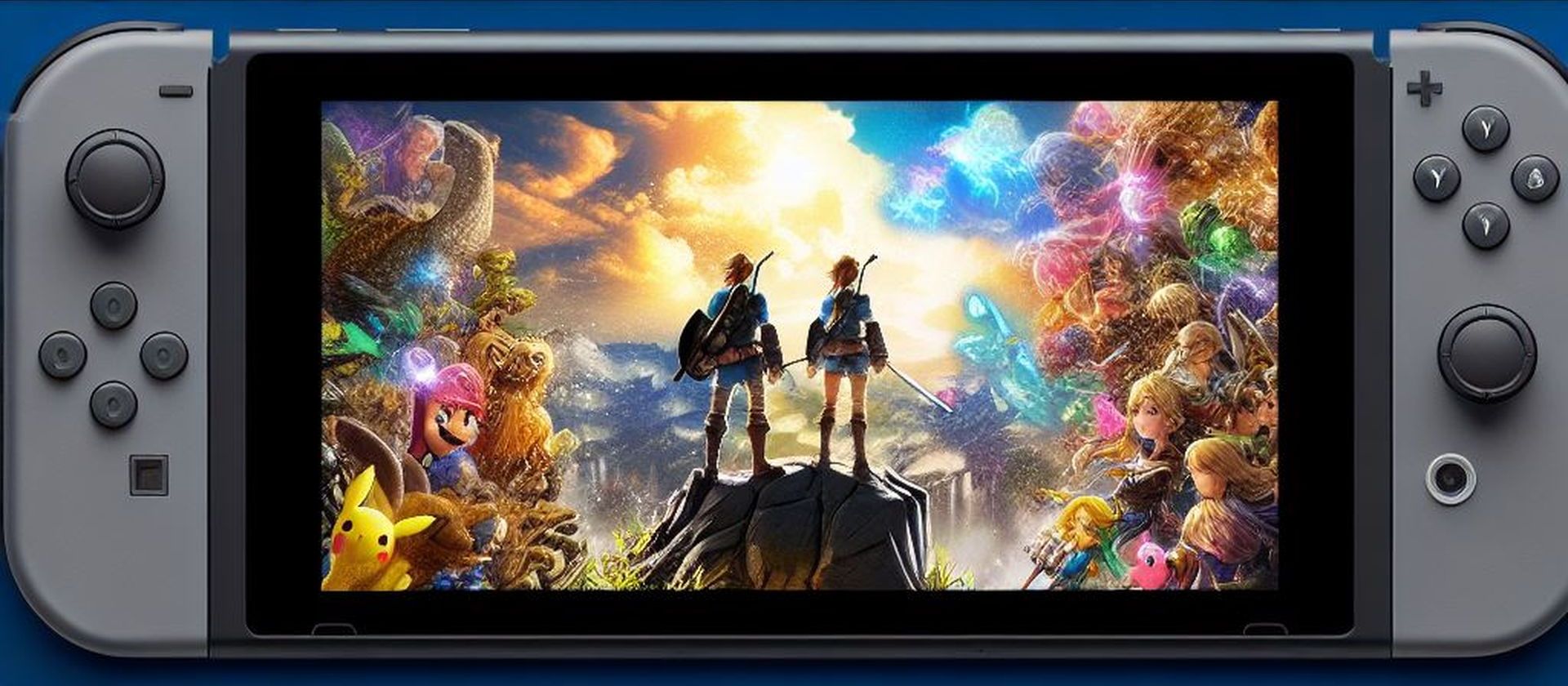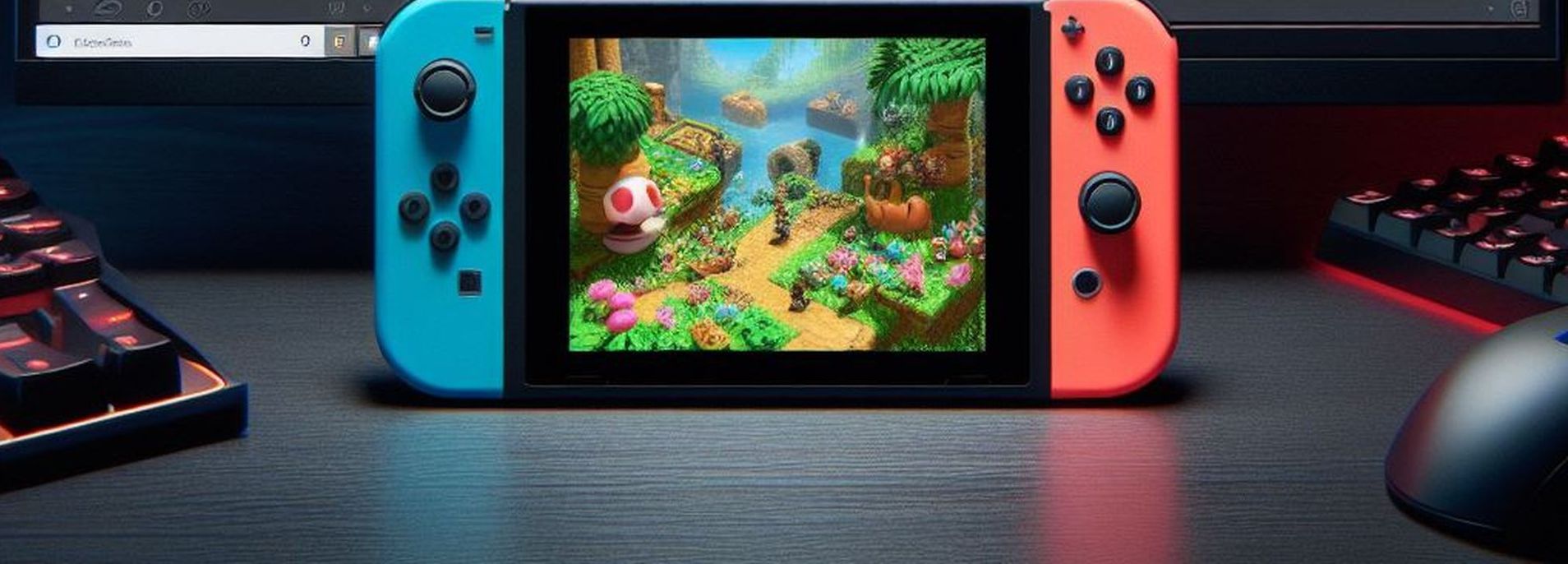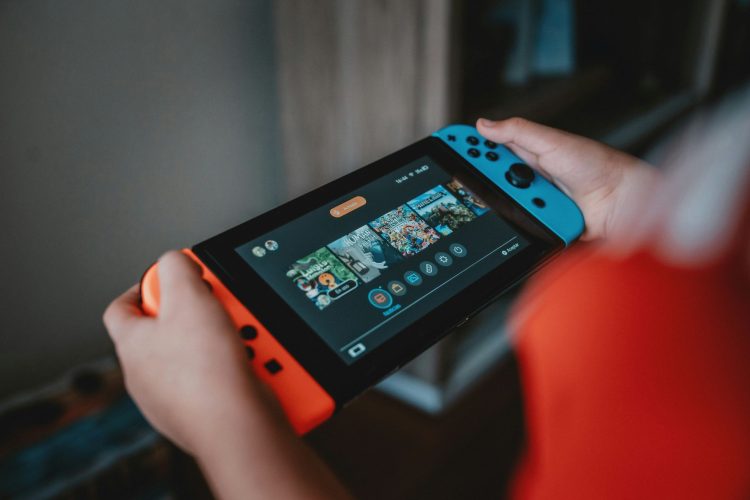Nintendo, which has always worked meticulously to protect copyrights, came to the agenda with the news of the Yuzu lawsuit and Nintendo suing Yuzu.
While video game emulation is a gray area in legal terms, Nintendo believes that the Switch emulator called Yuzu crosses the lines of this area. Here are all the details…
Nintendo suing Yuzu: Everything you need to know about Yuzu lawsuit
Since 2018, Yuzu has been serving users as an open-source Switch emulator. Nintendo argues that Yuzu is tarnishing its brand, illegally circumventing software encryption, and negatively impacting game sales.
The company also alleges that Yuzu requires Nintendo Switch decryption keys to run Switch software, which it obtained illegally.

As a concrete example, Nintendo announced that The Legend of Zelda: Tears of the Kingdom was leaked online a week and a half before its official release and downloaded over a million times. They also point out that the game was spoiled on social media, which spoiled the game for fans.
With this lawsuit, Nintendo is seeking the shutdown of Yuzu and compensation for infringements and lost sales. The case is still ongoing, and the outcome is uncertain. The courts may not find in Nintendo’s favor, but the lawsuit may deter Yuzu’s developers from sharing and developing emulation software.
Information about the case:
- Plaintiff: Nintendo
- Defendant: Creators of Yuzu Emulator
- Charges: Copyright infringement, trademark infringement, illegal decryption
- Demands: Closure of Yuzu, compensation
How solid is Nintendo’s case against the Yuzu Switch emulator?
The lawsuit, filed Monday in Rhode Island District Court and first announced by Stephen Totilo, is described as Nintendo’s most comprehensive and significant move yet against emulation technology. The company alleges that Yuzu “transforms generic computing devices into vehicles for large-scale intellectual property infringement of the copyrighted works of Nintendo and others.”
Nintendo is asking the court to block Yuzu’s development, promotion, and distribution and for damages under the Digital Millennium Copyright Act (DMCA).
The case could lead to reversing the legal precedent that protects emulator software itself, even though using emulators for software piracy is illegal.

Key arguments of the lawsuit
At the heart of Nintendo’s legal argument is Yuzu’s ability to break layers of encryption that prevent unauthorized copying and playback of Switch software. Yuzu can decrypt encrypted game ROMs using so-called “prod.keys“. Nintendo argues that this violates the DMCA’s prohibition on circumventing software protections.
On the other hand, Yuzu does not contain these keys. This distinguishes Yuzu from the Dolphin emulator, which was removed from Steam for containing the Wii Public Key.
Does it make piracy easier?
While an emulator without DRM cracking is considered legitimate, Yuzu’s “bring your own decryptor” design is not foolproof.
Nintendo points to the Quick Start Guide Yuzu offers on its distribution site. This guide involves hacking an old Switch to obtain decryption keys and game files. There are also links to external tools that break console and game encryption techniques.

What does Yuzu emulate?
Yuzu emulates the Nintendo Switch, a popular hybrid video game console. This means it’s a piece of software that allows you to play Nintendo Switch games on your computer or even certain Android devices.expand_more Yuzu is still under active development but has made significant progress in compatibility and performance over time.
Nintendo argues that through these instructions, Yuzu agreed to hack the Switch and was aware that the emulator was widely used for piracy.
Featured image credit: Alvaro Reyes / Unsplash





